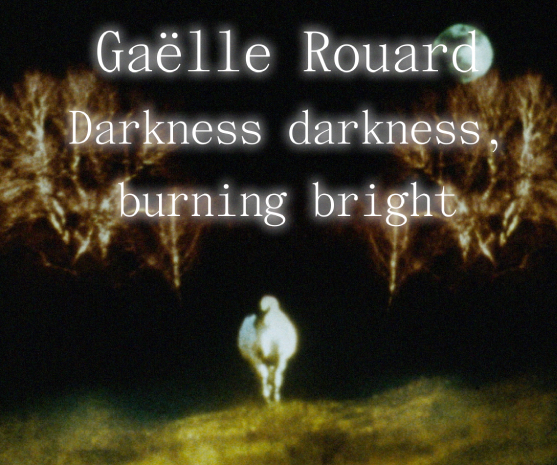miragem - kinematic arts in the landscape 2024
Miragem - kinematic arts in the landscape, whose 4th edition will be held from 18 to 20 July 2024, on the island of Pico, Azores, comprises film screenings in various landscapes of the island, outdoors. By proposing the installation of the screen in different surroundings of the island, Miragem invites to a re-frame of the gaze, thus situating the thought on the image, on nature and on the landscape – that exists around and on the screen, as well as in the singular space that arises between them.
In the 2024 edition, Miragem’s programme invites to reflect on human and animal relations, locating them in the current and historical narratives of the human communities of the island with the more-than-human ones. It prompts us to think about the ways of life dependent on these very same relationships: from the practices of domination and extraction to the appeal to the imagination of possible worlds of coexistence. Being historically marked by whale hunting and absolutely dependent, in contemporary times, on the lives of various mammals, of the sea and of the land, what are the forms of joint life between species practiced today and what others could be radically rehearsed on the island of Pico, on the archipelago of the Azores?
Programme
18/07/24
20h00 - 21h30 | Matinha do Cabrito (Cabrito’s road)
- Dinner and gathering
21h30 | Matinha do Cabrito (Cabrito’s road)
- Darkness Darkness, Burning Bright, by Gaëlle Rouard
19/07/2024
18h00 - 20h00 | Lagoa do Caiado
- endemic planting session in Lagoa do Caiado, in partnership with the Regional Secretariat of Environment and Climate Change, through LIFE BEETLES project.
20h00 - 21h30 | Lagoa do Caiado
- Dinner and gathering
21h30 | Lagoa do Caiado
- The cow that rumins (La vache qui rumine), by Georges Rey
- Bad Milk (Mala Leche), by Naomi Uman
- What humans see as blood, jaguars see as chicha (Lo que los humanos ven como sangre, los jaguares ven como chicha), by Luciana Decker
20/07/24
21h30 | lava field next to Cabrito Hermitage
- Sound over Water, by Mary Helena Clark
- Three cheers for the whale (Vive la Baleine), by Chris Marker e Mario Ruspoli
- Seasons of the day (Vremena goda), by Artavazd Pelechian


Darkness Darkness, Bruning Bright
Gaëlle Rouard, 2022
A diptych film that explores a rural landscape with mythical notations.
“Darkness, darkness, burning bright
In the forests of the night
And the mad impulse of this distraught soul,
And that had, the forehead circled in copper, under the moon”
Gaëlle Rouard, 2022
A diptych film that explores a rural landscape with mythical notations.
“Darkness, darkness, burning bright
In the forests of the night
And the mad impulse of this distraught soul,
And that had, the forehead circled in copper, under the moon”

The cow that ruminsGeorges Rey, 1969
First she cows, then she cows. Standing shot of a cowing cow which plays with the flimmaker and so with the audience. The ruminating cow is part of a triptych, made up of the naked man, the source of the Loire, and the ruminating cow. The first one refer to the future, the second one to the past and the last one to the present.
First she cows, then she cows. Standing shot of a cowing cow which plays with the flimmaker and so with the audience. The ruminating cow is part of a triptych, made up of the naked man, the source of the Loire, and the ruminating cow. The first one refer to the future, the second one to the past and the last one to the present.

Mala LecheNaomi Uman, 2003
Mala leche portrays a Mexican peasant family no longer in Mexico, but in California. The protagonists have chased the American Dream. But their dreams have not been realised. From milking a cow in their farm in Mexico to the agro and livestock industry in California.
Mala leche portrays a Mexican peasant family no longer in Mexico, but in California. The protagonists have chased the American Dream. But their dreams have not been realised. From milking a cow in their farm in Mexico to the agro and livestock industry in California.

What humans see as blood, jaguars see as chichaLuciana Decker, 2023
In Bolivia’s rural desert, where the most important present is that of the wind moving among potato flowers and animals, the people who work the land, those who built ancient artifacts and sacred objects and the musicians who play monseñada, in the city streets have one thing in common—manual labor.
In Bolivia’s rural desert, where the most important present is that of the wind moving among potato flowers and animals, the people who work the land, those who built ancient artifacts and sacred objects and the musicians who play monseñada, in the city streets have one thing in common—manual labor.

Sound over Water
Mary Helena Clark, 2009
Blue sky and blue sea meet on emulsion.
Mary Helena Clark, 2009
Blue sky and blue sea meet on emulsion.

Three Cheers For The Whale
Chris Marker e Mario Ruspoli, 1972
The history of wahles, and in general, of all sea-mamals. The text from Chris Marker is an alert against the threet of extinction if this industrial massacre keeps goin on. "Each dead whale bequeths us, as a prophecy, the image of our own death."
Chris Marker e Mario Ruspoli, 1972
The history of wahles, and in general, of all sea-mamals. The text from Chris Marker is an alert against the threet of extinction if this industrial massacre keeps goin on. "Each dead whale bequeths us, as a prophecy, the image of our own death."

Seasons of the yearArtavazd Pelechian, 1975
Artavazd Pelechian films an isolated farming community in its relentless fight against the elements.
Artavazd Pelechian films an isolated farming community in its relentless fight against the elements.
